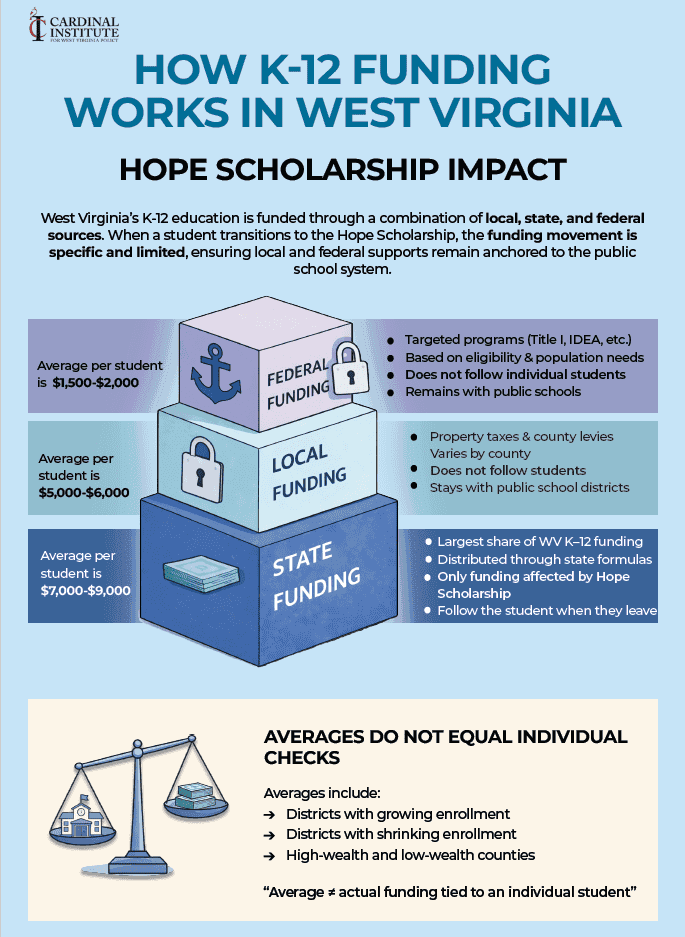
Blockchain and Healthcare
Cardinal Team
The Future of Health Care is Digital
A new report from KPMG found health leaders are beginning to spend more on digital health solutions — marking a major shift in health care investments. Given how flawed present models of healthcare record keeping are, we should embrace new emerging technologies, like blockchain, to ensure a fruitful, safe, and reliable health system for all.
Europe has already adopted some of these changes, including electronic health records (EHRs), to improve innovation in care. Some of these systems use new blockchain technology. Blockchain is a digital revolution, swiftly changing the way many entrepreneurs and health experts think about health care. It could be the next innovation to take health care into the digital age.
American Health Care Needs to Improve
Over the past two years, American news has been besieged by health care news from policy reform proposals to post-pandemic system repairs. While access and quality of care have traditionally been top of mind for most Americans, privacy and ease of use in the healthcare industry shouldn’t be left out of the conversation. Hospitals are looking at more effective ways to reduce errors and decrease time spent handling medical paperwork, a problem that commonly leads to staff burnout. In order to acclimate to the digital age, provide better systems of recordkeeping, and allow patients to have more access to their medical records, health care facilities and professionals should welcome modernized electronic health records through blockchain technology.
Blockchain Can Make Health Records More Secure
Blockchain is a fully digitized, decentralized, peer-to-peer ledger on a secured computer network. The system guarantees reliable data recording security without a third-party actor. Blockchain records and shares digital information — but prevents changes. Thus, personal records cannot be altered, deleted, or destroyed by external hackers. Popularized cryptocurrencies such as Bitcoin utilize these technologies, and digital security is now proving useful for ensuring medical privacy and straightforward access to vital patient records.
Blockchain technologies hold the key to a more secure means of keeping health records with an advanced level of encryption that hackers can’t easily access. Since Bitcoin’s creation, no counterfeit currency has entered the market, and hackers have failed to gain access to user information. Conversely, current systems of medical record storage systems are frequently inconsistent between providers, and easily accessible by online hackers, making them outdated and unreliable. The healthcare system commonly restricts patient access to these records. This causes the system to suffer from duplication or erroneous data entry that can lead to discrepancies, impacting the patient’s quality of care.
Blockchain Can Make Health Records More Convenient
Moreover, through a blockchain model, the patient determines who has access to their medical records. Block chain can centralize data entry to avoid duplication, errors, and other adverse events. Because those with access can see the same data, any update to medical records would be visible nearly instantaneously. This allows a medical team to stay up to date on a patient’s health accurately. Patients no longer need to keep track of their documents, as everything is only a click away. Digitizing the system also gives medical professionals secure control over how information flows from one facility or physician to another. Medical care providers no longer need to fax or email documents back and forth. Now they can easily access all files from one source.
This ease of access does not sacrifice security. A blockchain ledger records each instance of information access. Users can follow when and how providers add information through encrypted data storages using an audit trail. Thus protecting record authenticity. Conflicting medical records become costly for patients. Doctors, hospitals, and insurers must continuously review and verify records in various modes of storage.
Let’s Try Something New in Health Care
Undeniably, our existing model is archaic at best. Blockchain gives patients control over their health records and eliminates inefficient record keeping practices, empowering patients and medical practitioners alike. The use of blockchain can only change health care for the better.
Jessica Dobrinsky is a policy analyst for the Cardinal Institute for West Virginia Policy.







